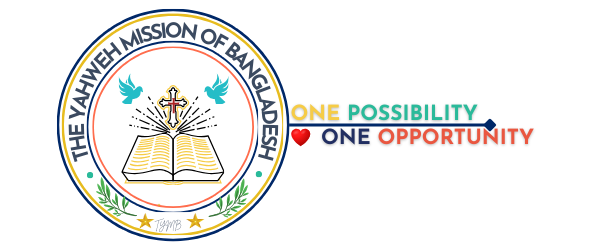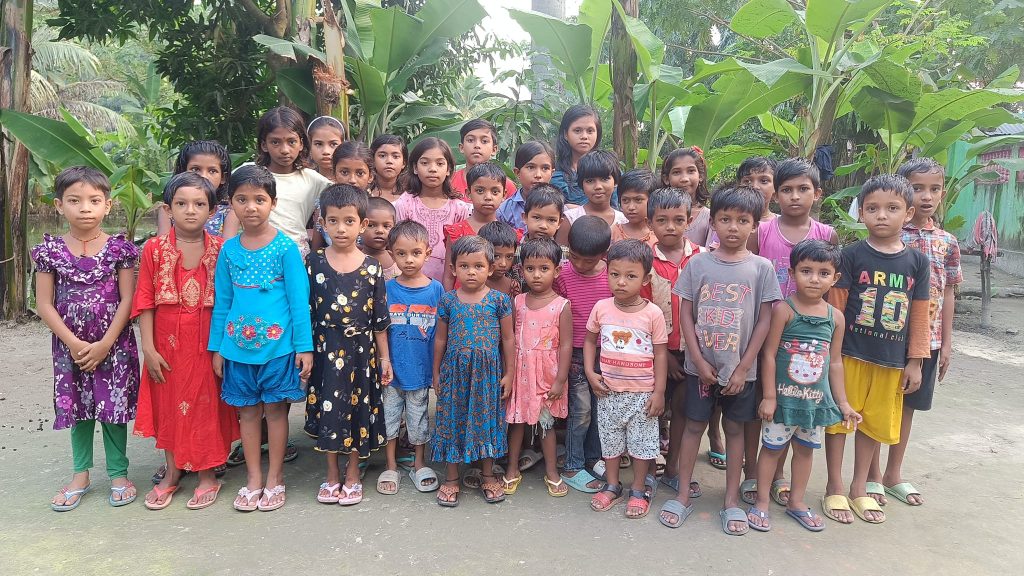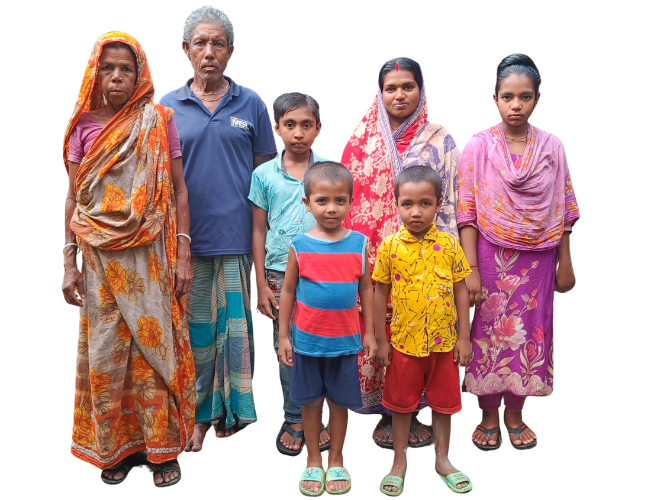The Community
Minorities of Bangladesh
Bangladesh is home to more than 165 million people, yet over 6.5 million belong to minority and Dalit groups that remain socially and economically marginalized. These communities include Rishis, fishermen, weavers, blacksmiths, cobblers, barbers, potters, and others tied to caste-based occupations. Collectively, they make up about 4–5% of the population, but their representation in education, healthcare, and dignified jobs is disproportionately low.
According to studies, over 60% of Dalit households live below the poverty line, compared to a national average of 24%. Literacy rates within these groups are alarming — often 20–25% lower than the national average. Many children drop out of school by the age of 10 because their families cannot afford fees, uniforms, or even daily meals. Women and girls in Dalit families face double discrimination — for their caste and gender — leading to early marriage, unsafe work, and exclusion from decision-making. This ongoing cycle of poverty and stigma leaves communities voiceless and vulnerable, with little hope for upward mobility without targeted support.
Poverty Line
Over 60% of Dalit households live below the poverty line
Literacy Rates
Often 20–25% lower than the national average







